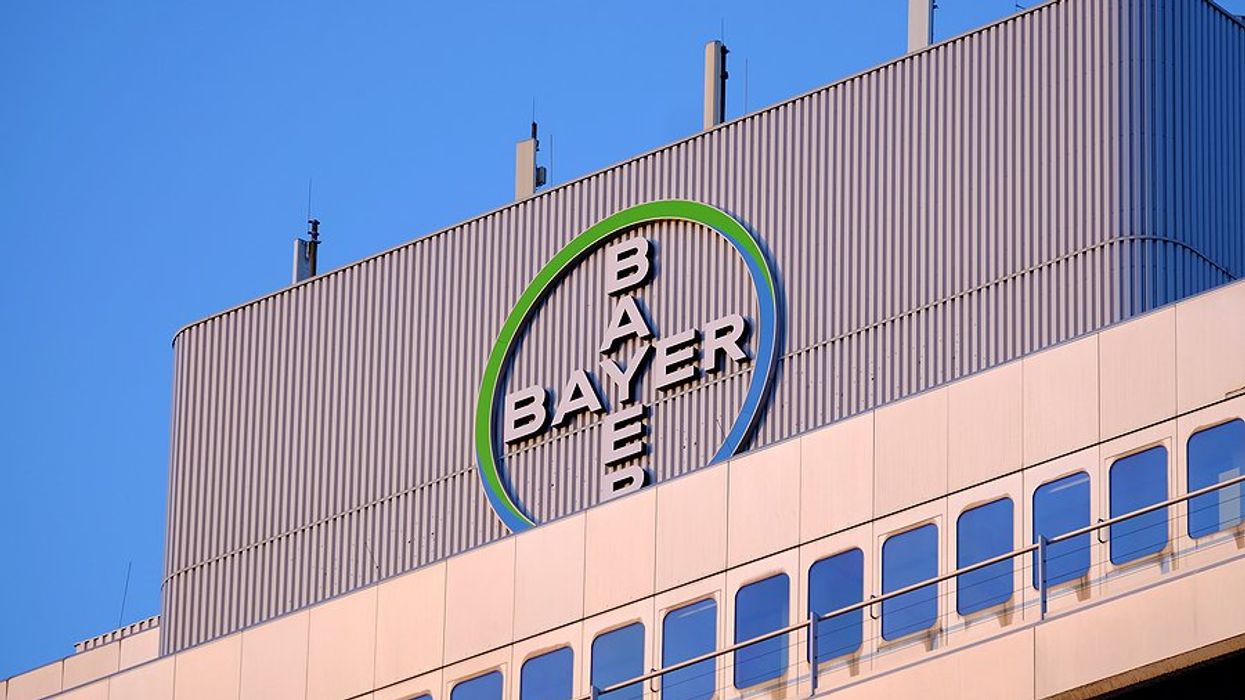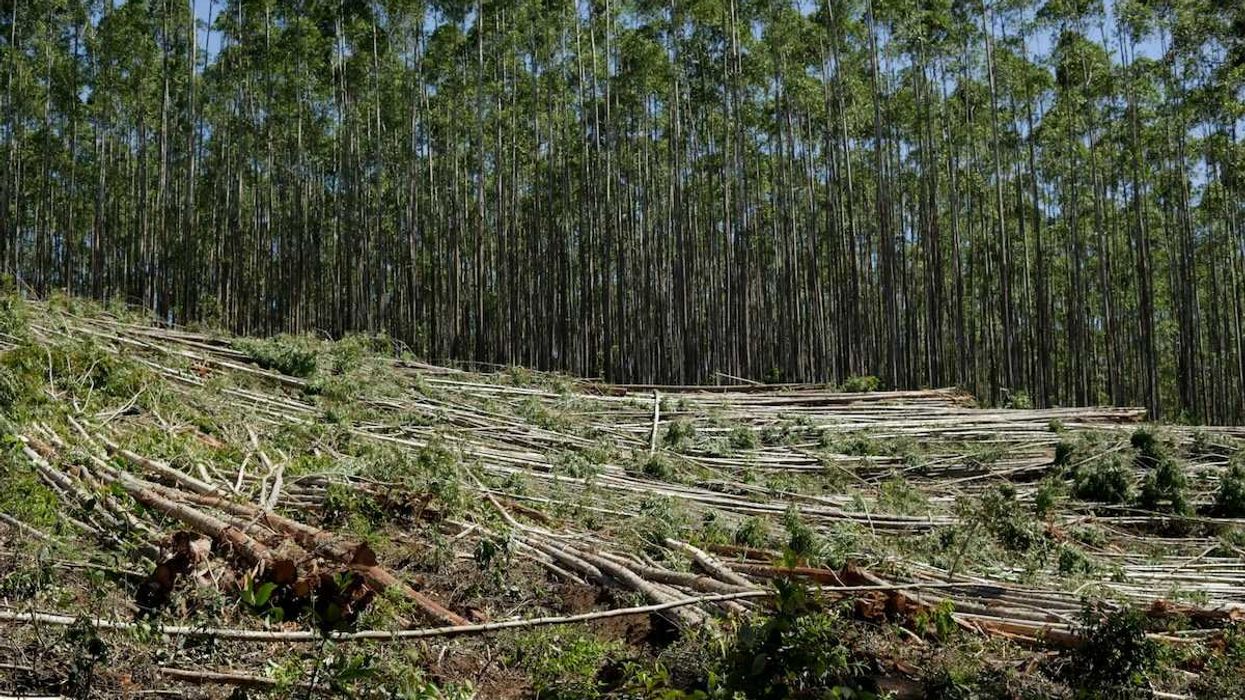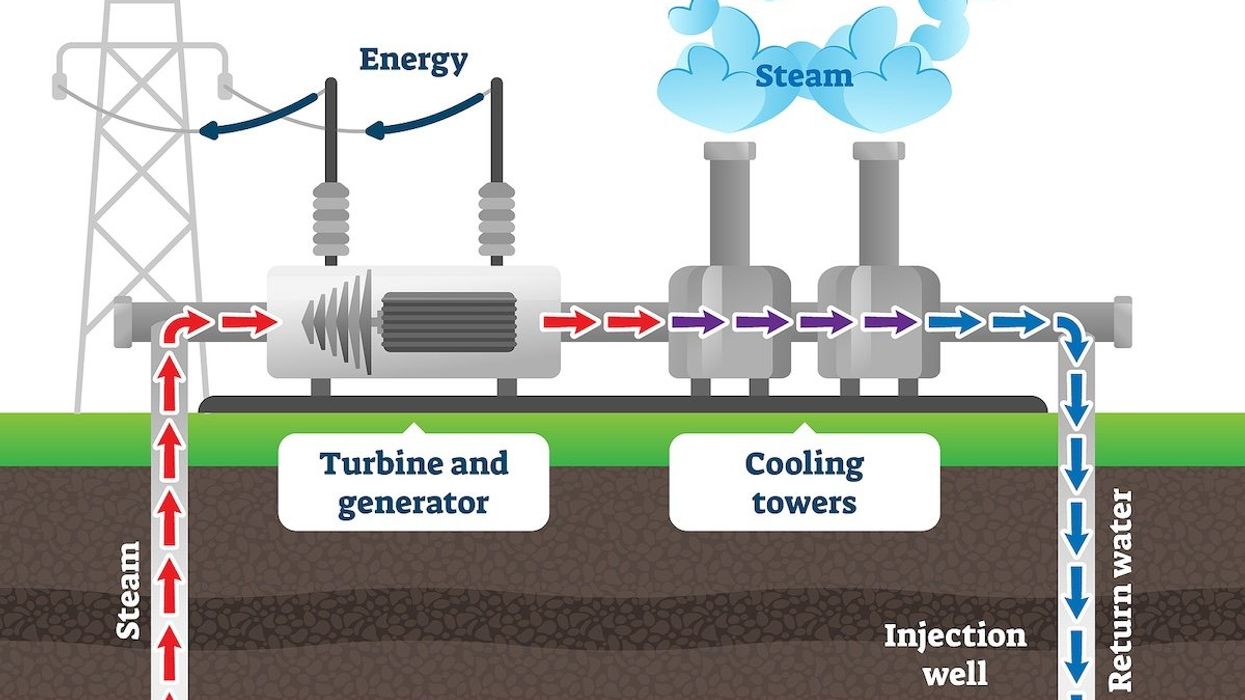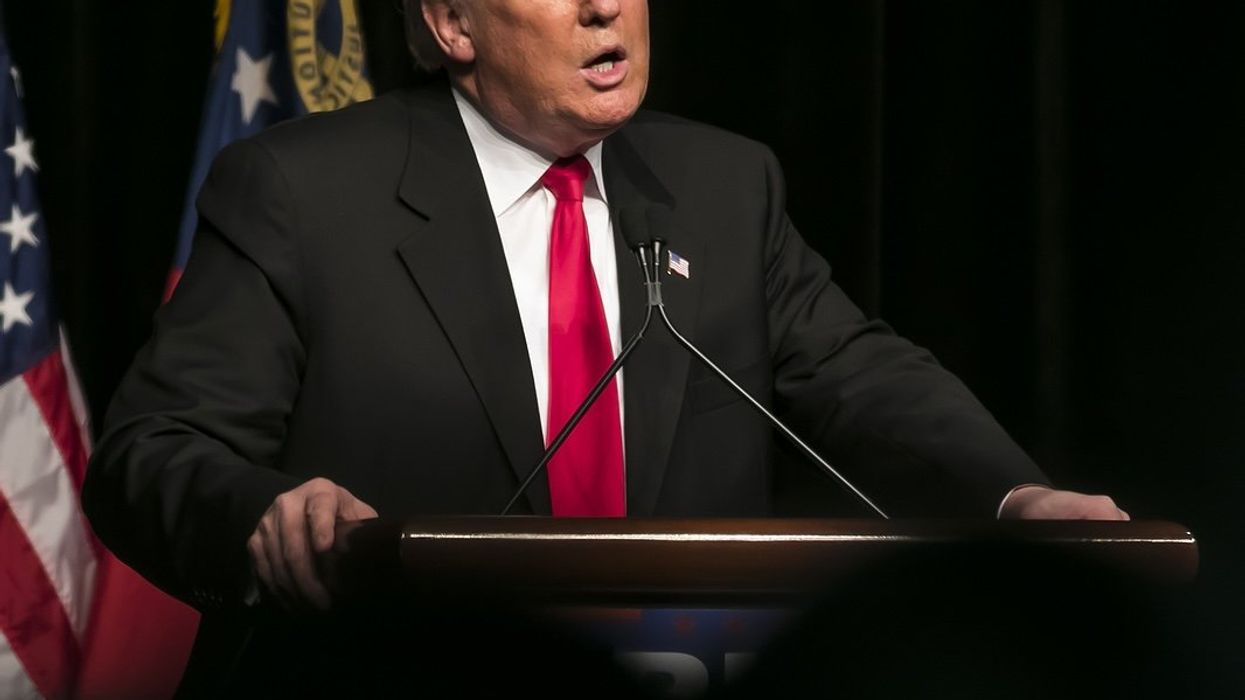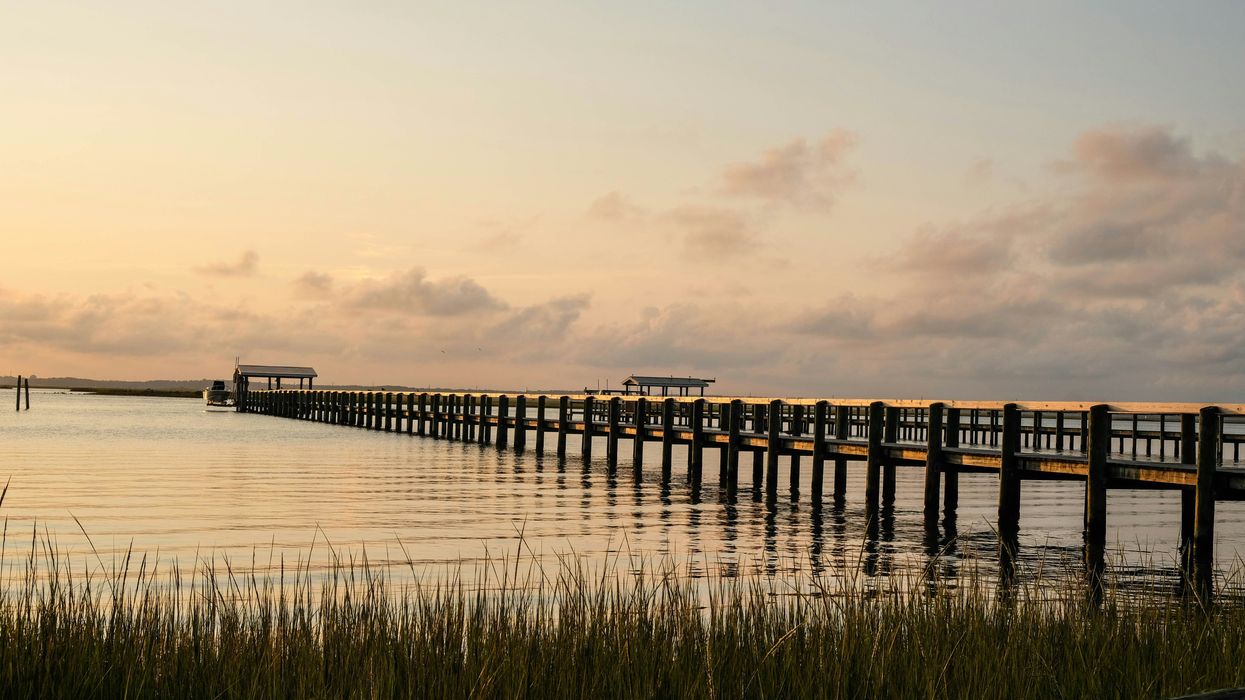Japan’s new government must decide whether to pursue nuclear energy despite strong public fears and recent earthquake damage near nuclear facilities.
River Akira Davis and Hisako Ueno report for The New York Times.
In short:
- Japan’s Liberal Democratic Party lost its majority in Parliament after a series of earthquakes this year renewed public concerns over nuclear safety.
- A January earthquake on the Noto Peninsula damaged infrastructure near an inactive nuclear plant, reigniting debate on restarting nuclear power.
- Japan will soon release a revised energy plan that will influence whether it can meet 2040 climate goals without nuclear energy.
Key quote:
“With earthquakes erupting across the country, it is so clear that nuclear power is a harm to our safety.”
— Hajime Matsukubo, secretary general of the Citizens’ Nuclear Information Center
Why this matters:
Japan, reliant on fossil fuels, is struggling to meet carbon neutrality goals by 2050. Nuclear energy offers a low-carbon solution but carries high risks in an earthquake-prone nation still scarred by the 2011 Fukushima disaster.
Read more: Japan's nuclear cleanup chief delves into reactor mysteries 13 years post-disaster



